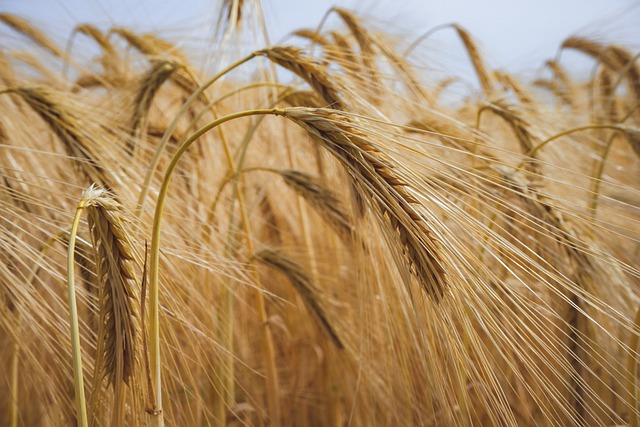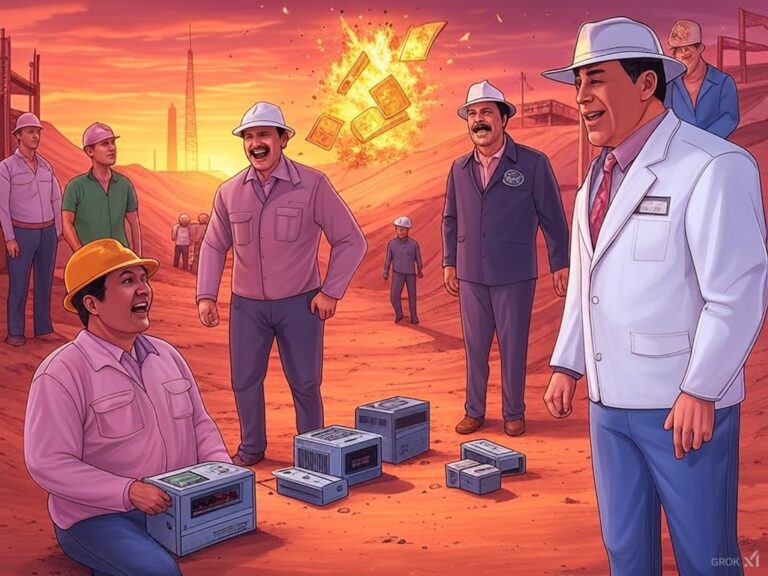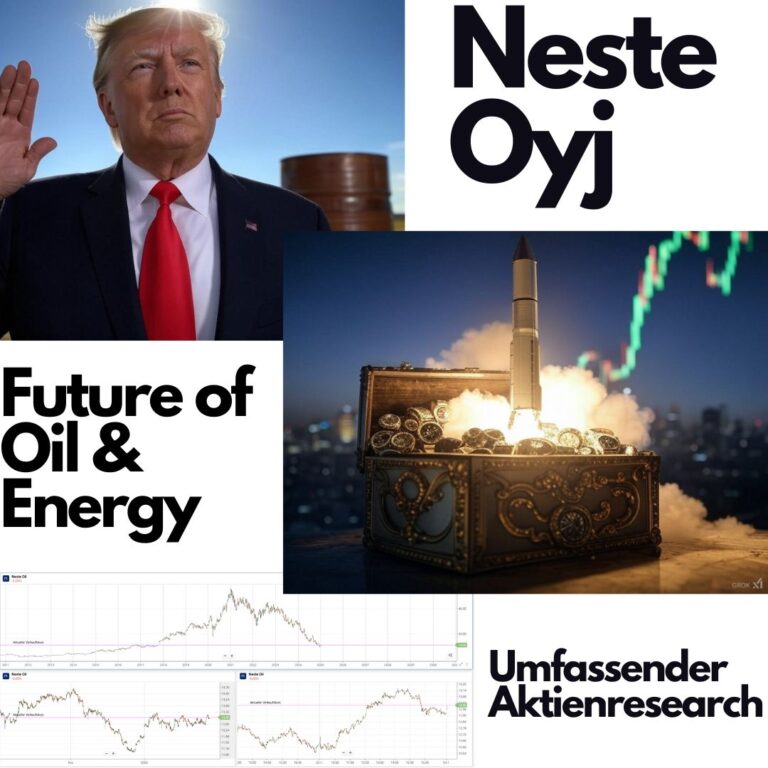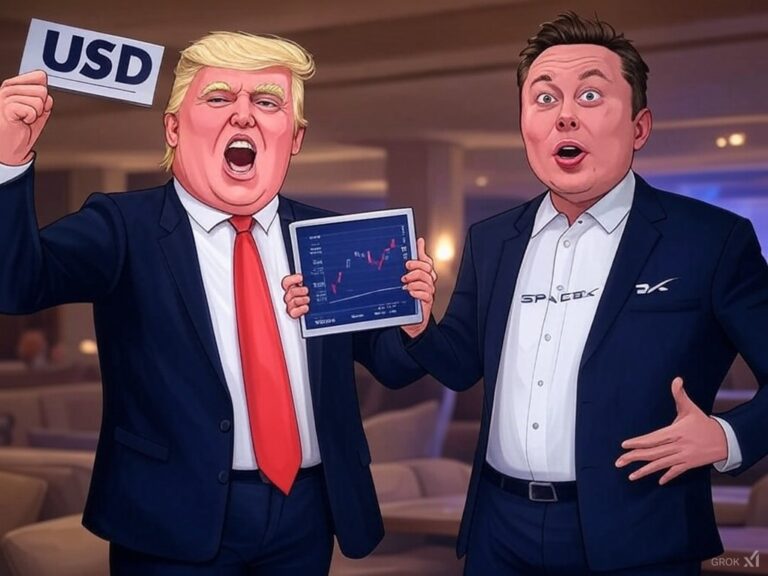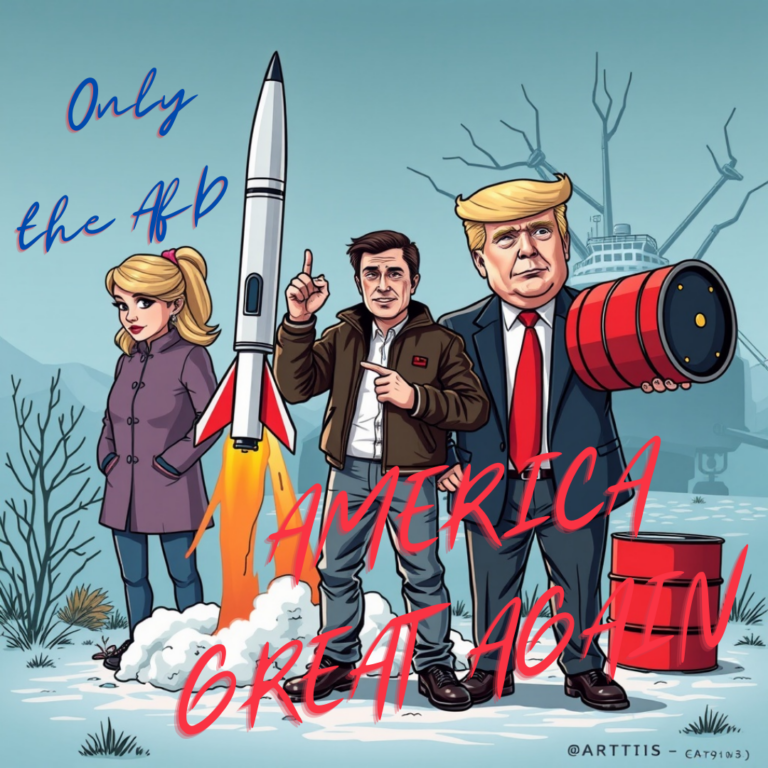A general price increase in agricultural commodities has already been observed since the beginning of the year. The tensions between Russia and Ukraine, which already existed at the time, caused grain prices in particular to rise.
Since the outbreak of war, the price of wheat in particular has soared. But the price of rapeseed is also reaching new record levels. The price explosions are not only noticeable on the futures exchanges. Consumers also have to prepare for higher prices when buying bread, pasta and many other food products.
For investors, the development of agricultural commodity prices can be quite interesting, because they can profit from rising agricultural commodity prices in various ways.
Significant increase in wheat price
Already at the beginning of the year, when tensions between Russia and Ukraine slowly came to a head, the price of wheat rose significantly. The outbreak of war then provided another significant boost.
Russia and Ukraine are among the largest wheat producers in the world. Together, the two countries account for around a quarter of global wheat exports. A shortfall in this significant export volume has thus caused a veritable price explosion on the futures exchanges.
Although India, the world’s second largest wheat exporter, apparently wants to take advantage of the resulting gap between supply and demand as quickly as possible to strengthen its own position, it is questionable whether this will then have an effect on the price of wheat.
Rapeseed price reaches a new record
Also in the wake of the war events in Ukraine, the price of rapeseed has reached a new record this month. Whereas a ton of rapeseed traded for around 700 euros before the outbreak of the war, the agricultural commodity has now reached an unprecedented record price of more than 900 euros per ton.
The reason for the price explosion for rapeseed is a feared supply shortfall in the EU on the part of Ukraine. The country is considered the most important rapeseed supplier for the European Union.
Investors can profit from rising prices
It is questionable whether prices for agricultural commodities will return to their old levels in the foreseeable future. Many experts are convinced that even after the end of the war, the high price level of many agricultural commodities will continue.
Investors can profit from the high price level on the agricultural exchanges in various ways. Investors can participate in current price developments through agricultural ETCs, but also with commodity CFDs or certificates.
Another option is shares in agricultural traders or even fertilizer manufacturers. For example, the US company Bunge Limited is one of the world’s largest suppliers to the food and feed industry. Germany’s largest agricultural trader, meanwhile, is the Bavarian group BayWa.
Among fertilizer producers, the shares of Mosaic or CF Industries are particularly interesting.

